📚 6 Books mentioned in "Do You Have a Scarcity Mindset or an Abundance Mindset? | No Stupid Questions | Episode 145" of No Stupid Questions
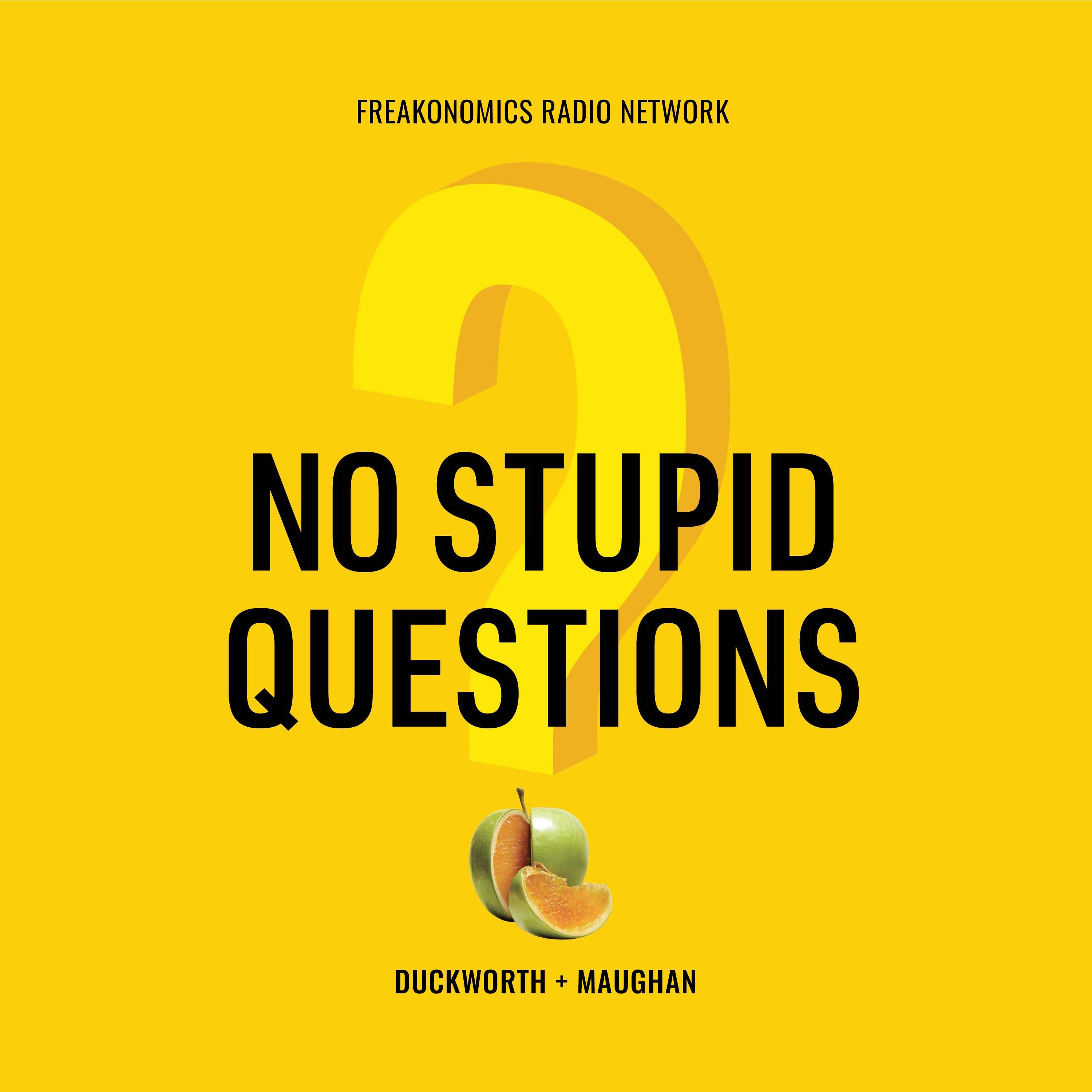
Podcast: No Stupid Questions
Episode: Do You Have a Scarcity Mindset or an Abundance Mindset? | No Stupid Questions | Episode 145
Published on May 9, 2023
Here’s a list of all the books mentioned in this episode. Click on the links to watch specific excerpts on YouTube and feel free to purchase the books if they caught your interest!
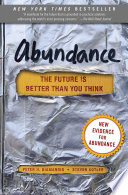
Abundance
Buy Abundance by Peter H. Diamandis, Steven Kotler on Amazon
He actually wrote a book called 'Abundance,' and they argue that technology, especially, will just keep solving problems and keep making things better.
In this segment, the host, Stephen, discusses the book 'Abundance' by Peter Diamandis, which makes the case that technology will continue to solve problems and improve our lives.
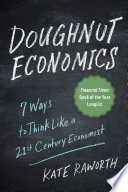
Doughnut Economics
Buy Doughnut Economics by Kate Raworth on Amazon
And then there are people like—I think of Kate Raworth, who's a British economist who wrote a book called 'Donut Economics.'
In this segment, the podcast host, Stephen, highlights 'Donut Economics,' a book by British economist Kate Raworth. He references this work as an example contrasting the notion of abundance.
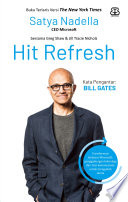
Hit Refresh
Buy Hit Refresh by Satya Nadella on Amazon
One thing that so impressed me: he wrote a book that, I mean, to be honest, wasn't a great book; most books by CEOs aren't great books, but I know this book—which was called Hit Refresh.
In this segment, podcast host Stephen discusses a book written by Satya Nadella. He reflects on the book, sharing that while it may not be an outstanding read, it still carries value and offers some insights. Stephen specifically recalls the title "Hit Refresh" but is uncertain about the exact title and wonders if it's actually "Hit Reset."
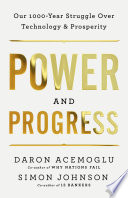
Power and Progress
Buy Power and Progress by Daron Acemoglu, Simon Johnson on Amazon
He's got a forthcoming book called 'Power and Progress: Our 1,000-Year Struggle Over Technology and Prosperity.'
Stephen discusses a forthcoming book by economist Daron Acemoglu, titled 'Power and Progress: Our 1,000-Year Struggle Over Technology and Prosperity.' He shares insights on the author's perspective regarding the implications of the abundance mindset, providing context for the book's thesis.
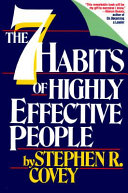
The Seven Habits of Highly Effective People
Buy The Seven Habits of Highly Effective People by Stephen R. Covey on Amazon
Then I felt silly about being surprised; it actually came from an extraordinarily popular book called The Seven Habits of Highly Effective People by Stephen Covey, who was an interesting guy who I didn't really know very much about.
In this segment, Angela discusses her surprise at discovering that the concepts of scarcity and abundance mindsets originated from the self-help book "The Seven Habits of Highly Effective People" by Stephen Covey, rather than academic research as she initially believed.
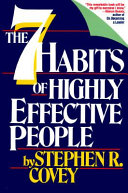
The Seven Habits of Highly Effective People
Buy The Seven Habits of Highly Effective People by Stephen R. Covey on Amazon
You know, maybe this would help clarify The Seven Habits of Highly Effective People that we've been referring to—this is a book that Stephen Covey first published in 1989.
During the discussion, the host explicitly mentions the book 'The Seven Habits of Highly Effective People' by Stephen Covey to clarify the concepts related to scarcity and abundance mindset.
